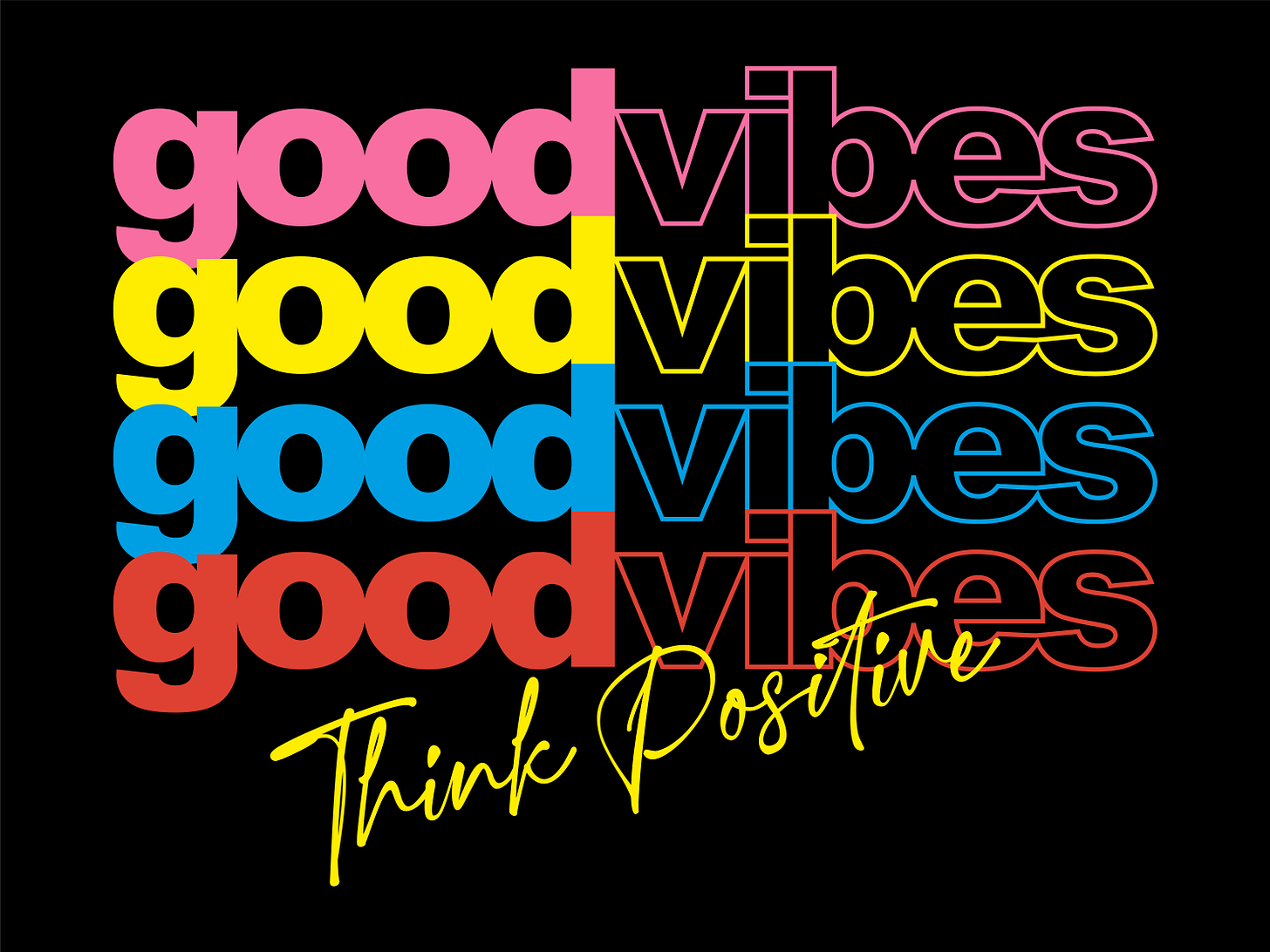Welcome to the 28th issue of the membership newsletter. You can also join the membership plan to receive weekly long-form articles. Recent content includes:
Food Therapy: A Journey of Culinary Connection
Have you ever had a rough day and wanted to talk to your family, only to be comforted with phrases like “Cheer up” or “Everything will be okay”? These words, though well-intentioned, often feel superficial and only provide temporary relief. As a result, you might turn to social media, plug in your headphones, and hear nothing but messages of self-encouragement and self-reliance. Influencers and motivational speakers frequently promise that with consistent positive self-affirmation, we can achieve a happy life.
This notion is incredibly appealing: the idea that the right mindset can bring us happiness and success. It has become a hot topic on social media, spawning a business model where influencers sell not only courses on gaining positivity but also health supplements, fitness equipment, and tutorials. Numerous advertisers have joined in, filling our timelines with ads that emphasize the need for positivity.
To be honest, many people, including myself, are drawn to this sense of positivity and might even want to give it a try. “What’s the harm in trying?” you might think, as you purchase health supplements and start using devices that monitor your physical state. But does it solve the problem? It only addresses a part of it.
In facing various challenges and obstacles, we are often urged to maintain an optimistic attitude, which constitutes what is called "toxic positivity." While a positive mindset is beneficial for mental and physical health—a conclusion supported by positive psychology and numerous studies demonstrating that people with more optimistic attitudes experience less stress and better overall health—it’s important to understand that this research is often oversimplified and exaggerated for widespread dissemination, especially in the age of social media.
Positive psychology and interventions are most effective for those who are already mentally healthy, as they provide the best positive feedback. For those experiencing significant life difficulties, positive psychology offers little help. They should seek more professional and effective methods, such as Cognitive Behavioral Therapy (CBT) and Acceptance and Commitment Therapy (ACT).
On platforms like RED and TikTok, influencers promote a narrative of overcoming adversities through self-improvement and determination, setting these as the standards we should aspire to. When we consciously or unconsciously absorb these positive standards, we may start to view our natural reactions to life’s difficulties—heartbreak, arguments, grievances, sadness, and regret—as wrong. This creates an avoidance experience, leading us to deny, suppress, or fail to address our thoughts and emotions. Sure, you can put on a happy and professional face for work the next day, or act like everything is fine with family and friends, and you might receive praise from your boss and encouragement from loved ones. But those avoided experiences remain, and toxic positivity only helps us cope temporarily.
These internal experiences of 'wrong' emotions are strengthened by avoidance. But you might remember the "pink elephant" experiment where trying to avoid something only makes it more persistent. Carl Jung once said, "What you resist not only persists but will grow in size." Labeling certain thoughts or emotions as either “good” or “bad” creates unnecessary self-judgment, leading to a negative cycle, commonly referred to as “internal friction.”
Some life situations actually don’t require a positive attitude. Sometimes, facing unpleasant realities can be beneficial. For instance, negative experiences or emotions might prompt people to seek professional help, handle their debts, or end a bad relationship.
A "just be positive" mindset can also hinder open communication and empathy in the workplace, as emphasizing positivity might prevent colleagues from raising genuine concerns, leaving real issues unresolved. The same applies to intimate relationships. We should ask ourselves: Do I need encouragement and positive energy right now, or do I need to address the actual problem, even if it means facing discomfort? Often, what we need is a good listener who understands our emotional as well as practical needs. Recognizing what we need—positivity or problem-solving—becomes clear when we have someone truly listening.
So, how do we find the balance between effective positivity and toxic positivity? Let’s start with a significant research finding: Effective positive self-affirmation helps people feel better about themselves, but this benefit only appears in those who already have a positive self-image. For those with low self-esteem, self-affirmation can become toxic, worsening their self-perception by highlighting the gap between their current state and the affirmations, thus increasing cognitive dissonance.
Even if you are someone with a positive self-image, infusing future goals with positivity is often insufficient to motivate you to achieve them. Numerous factors influence motivation, such as the initiation, execution, and maintenance of motivation, the realism of goals, your own capability, emotional state, and personality traits.
The key to distinguishing toxic positivity from effective positivity lies in acceptance and understanding. Modern psychological approaches like Acceptance and Commitment Therapy (ACT) and Dialectical Behavior Therapy (DBT) emphasize the importance of accepting and understanding the true state of things. These methods are effective because, by reducing negative judgment, the impact of "bad" thoughts diminishes, allowing us to liberate ourselves from these internal experiences and reduce unnecessary internal friction.
Remember that scene in many American films depicting recovery meetings? There is often a prayer: "Grant me the serenity to accept the things I cannot change, the courage to change the things I can, and the wisdom to know the difference." Embedded within it is the wisdom of acceptance.
When others demand positivity from us—be it friends, family, or colleagues—and when we unconsciously compare ourselves to others on social media, we need to remain alert to this pressure. These are not complete stories but rather narratives packaged with positivity as a traditional virtue. Sharing negative emotions is not a moral taboo but a genuine expression. Our lives are not just those perfectly edited highlights; they should be the entire movie. Toxic positivity tries to mask everyone’s real struggles, forcing us to wear masks.
Effective positivity can naturally manifest in various ways for each individual. It could appear while playing music and singing, while volunteering to help others, or just while walking the dog. Find those daily activities that make you relax and feel good, and allow yourself to do them often. For many, these gentler and more practical methods are far friendlier and more effective than trying to become more positive and optimistic through a specific mindset or thought process.
Today's discussion covered toxic positivity and effective positivity. Next time, we’ll talk about how to do prep talk to yourself.
A Brief Parting Question:
What are your thoughts on toxic positivity?
Feel free to express your thoughts in a message, whether it's answering a departing question or just saying hello.
Thank you for reading, and please feel free to share this newsletter with anyone who might enjoy it.
Have a great day!






